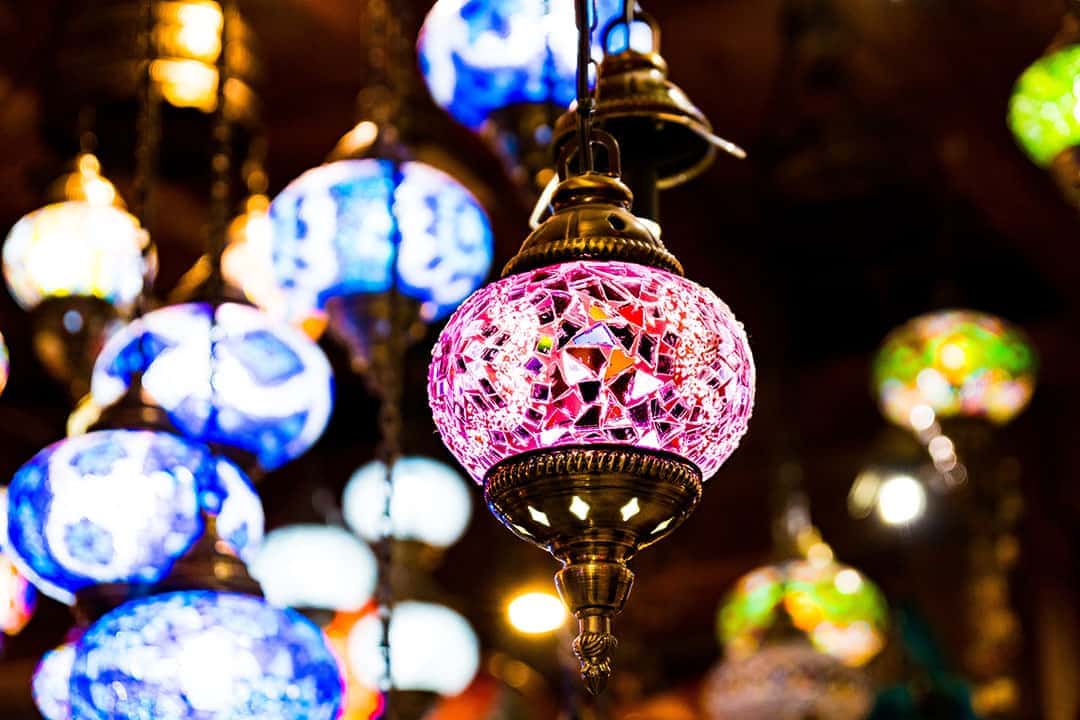With Ramadan returning soon, what are some of the words and feelings you associate with the Holy month of Ramadan?
Every year, when this month comes around, it may feel as though an old friend or acquaintance is visiting us – we feel the familiar energy and vibe that is Ramadan, and we go through the habitual process of adjusting to the fasting period. It is a cleansing period for us both internally as we reflect on our deeds, actions and habits, and externally as we focus on our diet, lifestyle and physical wellbeing (Islamicity.org, 2018). The rituals that are specific to this Holy month help create this optimum atmosphere for reflecting on and cleansing our mind, body and energy. Performing Taraweeh (night prayers), I’tikaaf (staying at the mosque and devoting oneself to prayer instead of the outside world) and celebrating Laylatul Qadr (the Night of Power and Destiny) are just some of the rituals that make this month special and give us a lot of thinking time.
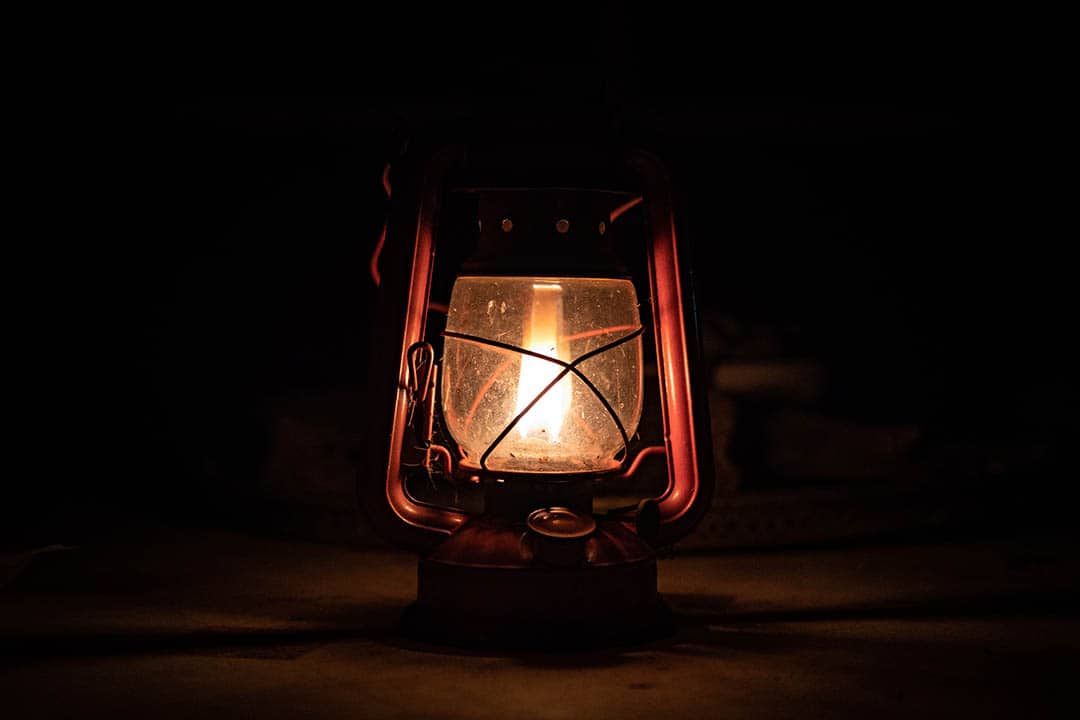
So, our question is: What about Self-Love? Do we give time for Self-Acceptance?
Don’t get us wrong, the rituals and familiarity of Ramadan that we talked about above are important, beneficial, and definite must-do’s, but sometimes it’s easy to forget to love and accept ourselves when we are constantly striving towards perfection. Sometimes, it’s easy to get lost in the details and momentarily lose the sincerity and love. Sometimes, it’s easy to focus on our faults instead of appreciating our efforts.
“Whatever benefit comes to you (O man), it is from God, and whatever misfortune befalls you, it is from yourself”
[Qur’an 4:79]
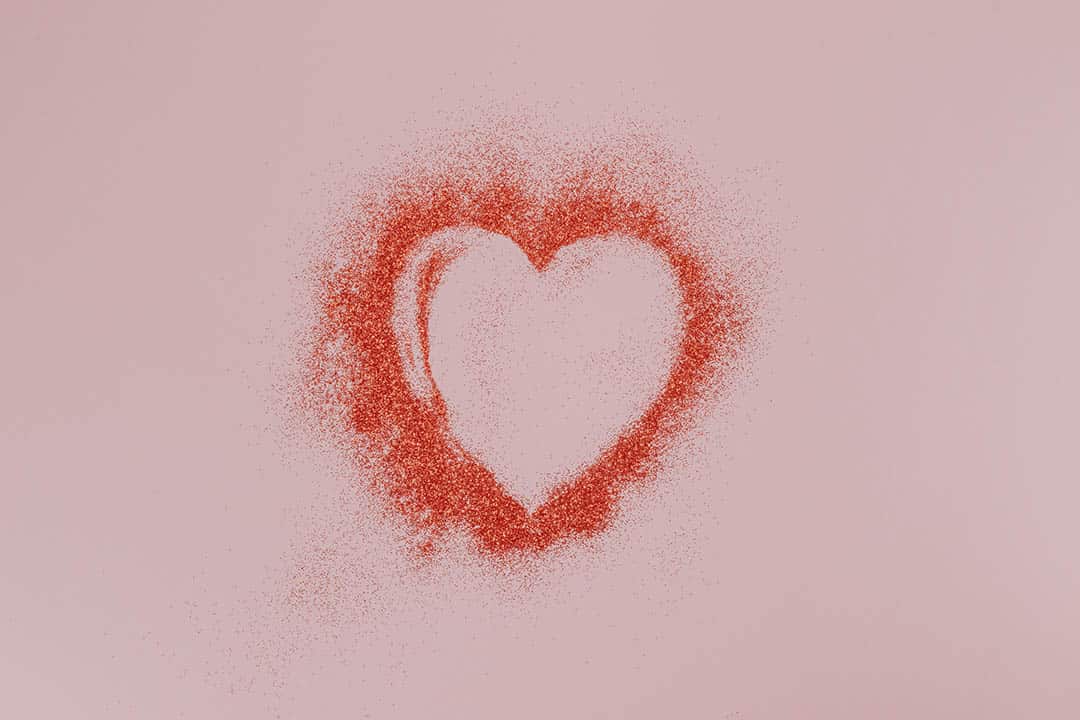
Self-love and acceptance doesn’t mean accepting where we are in life and giving up striving to become better. It means accepting that our position is to strive to be the best versions of ourselves that we are capable of being. I know that it is far easier said than done, but it is not impossible. The Holy month of Ramadan is the best time of year to love and accept ourselves because that is quite literally the best way to positively move forward in life, both physically and mentally. Self-acceptance in life is like the Ramadan of the Islamic Calendar – it is special, it is sacred and it is the healthiest way to live. When we accept who we are and where we have reached in this journey called life, and we love ourself for this, we are better equipped to improve on our shortcomings and work harder on our strengths in the way of Allah (SWT).

So, what are some of the ways through which we can achieve this?
Aside from Mindfulness, we can try to actively source out the negativity from our lives and introduce more positivity. This can be in the form of spending less time with toxic people or forgiving someone who you are holding a grudge against. We need to embrace the fact that everyone is experiencing their own struggles and dealing with it in their own ways, and that sometimes this can mean lashing out or speaking out of turn for which it’s better to forgive them and okay to avoid them for a while (without offending them, of-course).
Alternatively, you can try to focus your energy and prayers on overcoming a long-time struggle or habit, such as anger, pessimism or jealousy, whether it is through remembering and conversing with Him regularly as your confidante, and sourcing out external help to address these problems. Remember, finding refuge in Allah (SWT) and seeking help in other people are not mutually exclusive – it all depends on your intention, which is for the pleasure of Allah (SWT).
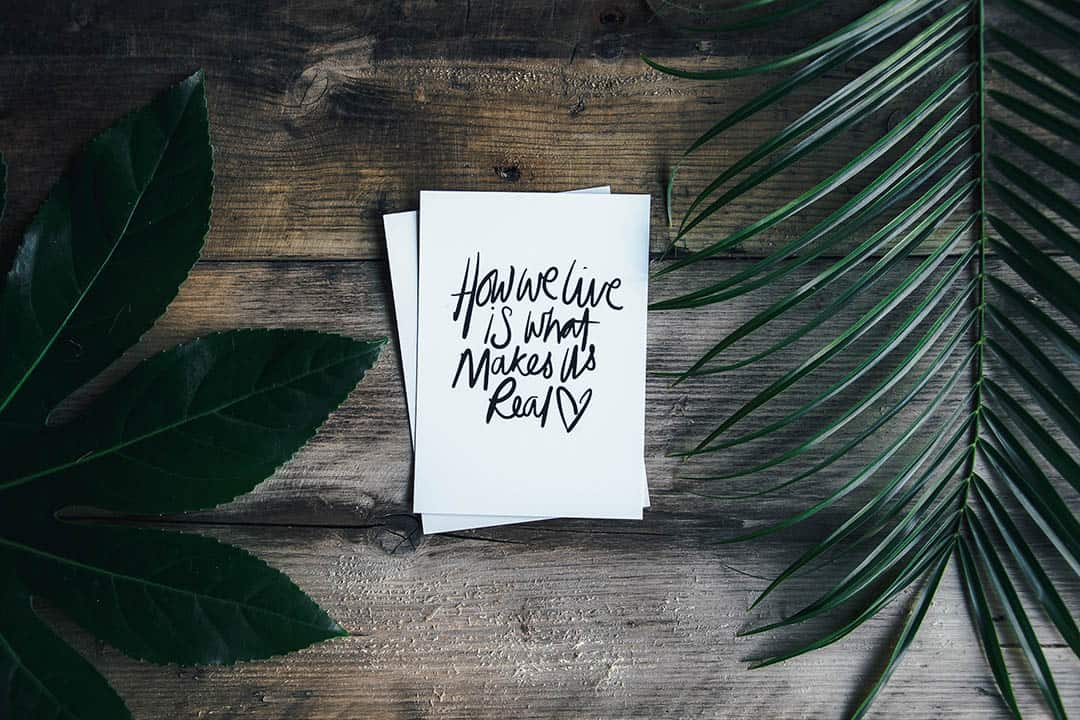
Sometimes, when we have a lot of time to think, we can start over-thinking or feeling depressed and worse off than we were. This is very common and can drastically affect us in an unhealthy way, but it doesn’t mean that we should stop taking this time to ourselves. It just means that we may need more time to practice how to minimize thinking that can be destructive and disruptive, and try to find healthier ways to deal, like thinking about the bigger picture in an objective way and giving ourselves the benefit of the doubt. Taking more time to rejuvenate with hope rather than guilt is difficult, especially when it is human nature to take strength from negative emotions like guilt and pain, than from positive emotions like love and hope. However, the outcomes that arise from the fuel of positive emotions and love are drastically better and longer-lasting.
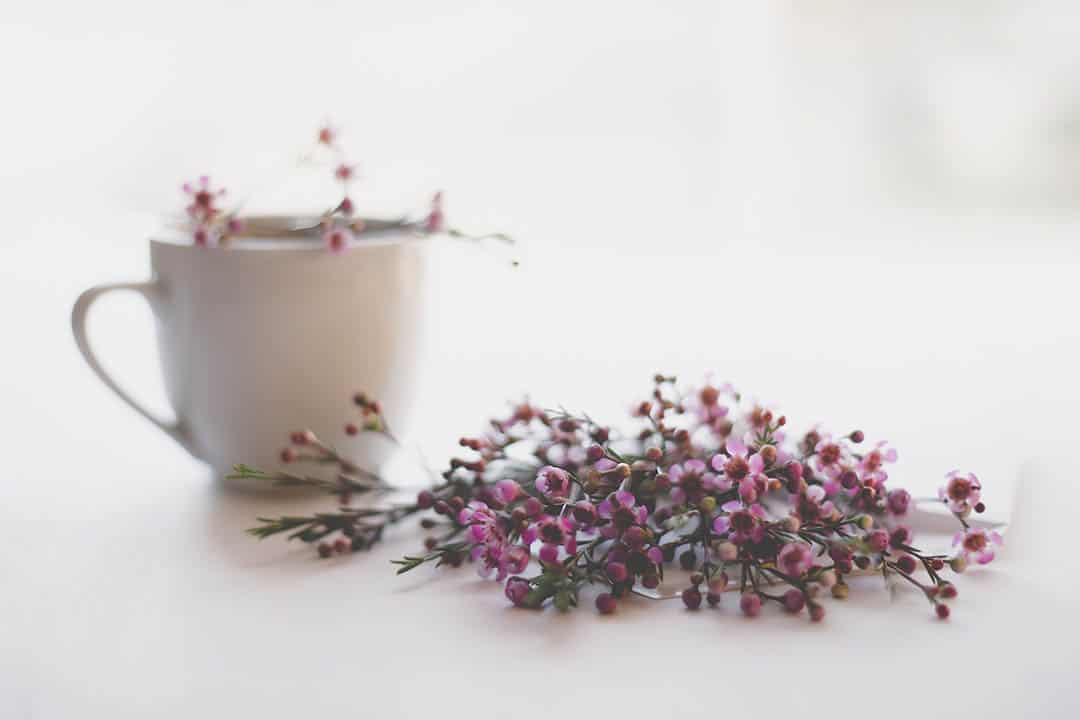
In multiple verses of the Quran we read about the Love of Allah (SWT) for us, for example:
“If you love Allah, then follow me, Allah will love you and forgive you your sins; and Allah is Forgiving, Merciful.”
[Qur’an 3:31]
“…(for) verily Allah loves those who trust (in Him).”
[Qur’an 3:159]
His love for us knows no limits, and is more than a mother’s love to her child (Bukhari). Therefore, we owe it to ourselves to love, cherish and accept ourselves. So, let’s elevate this Ramadan and introduce these habits in our daily lives.

